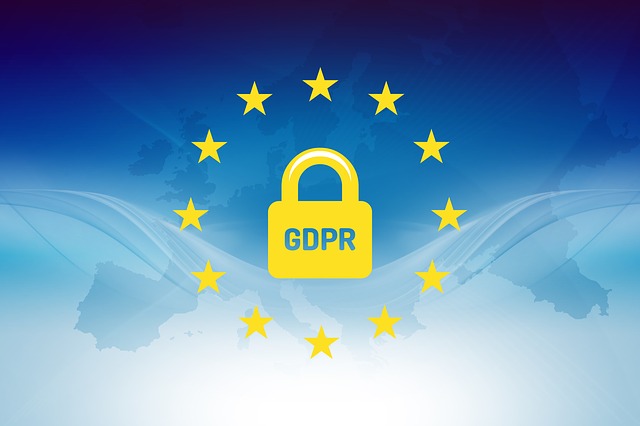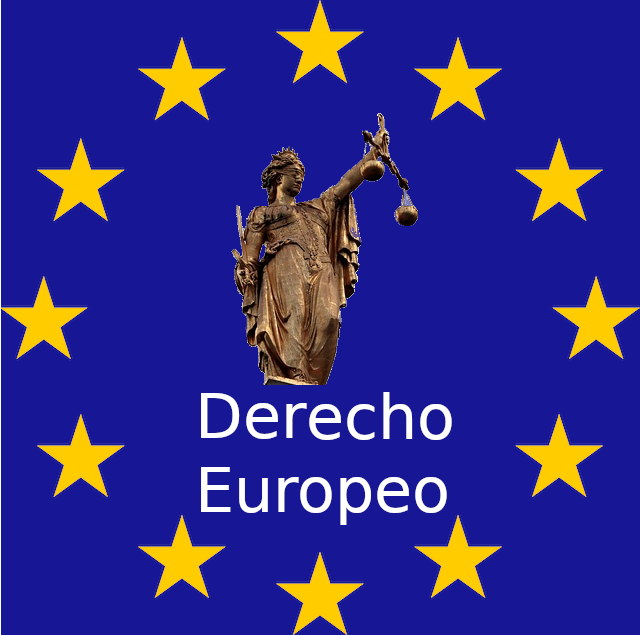1. Overview of Directive EU/2019/1937 of the European Parliament and of the Council of 23 October 2019 on the protection of persons reporting breaches of EU law (Whistleblowers Directive).

CONCLUSIONS OF THE OPINION: Directive EU/2019/1937 of the European Parliament and of the Council of 23 October 2019 on the protection of individuals who report infringements of Union law (Whistleblowers Directive), an overview. This opinion provides an overview of the Directive, highlighting the most novel points.FIRST.-It is an extraordinarily important Directive, as it tells us […]
18. Un nuevo panorama en Protección de Datos

Primera.- La Ley Orgánica 7/2021, de 26 de mayo, de protección de datos personales tratados para fines de prevención, detección, investigación y enjuiciamiento de infracciones penales y de ejecución de sanciones penales 43, elimina cualquier norma o resolución anterior, estatal o autonómica que se oponga a esta y a la Directiva y al RGPD. Segunda.- La […]
17. Appointment of the criminal compliance oversight and control Body in public Entities and others. Technical Notes

Legal Opinion Conclusions The members of the OVC or compliance officers are, by organic law (penal code), persons appointed in confidence by legal persons and their administrative bodies. The term “position of trust” in the TREBEP or local regime laws should not be confused, as the position can perfectly well be a legal person. The […]
16. Degrading treatment in the context of legal Proceedings

CONCLUSIONS: FIRST.- The universal, European, Union and Spanish regulations are categorical in prohibiting people from being subjected to torture or inhuman or degrading treatment or punishment. While the United Nations Convention against Torture and Other Cruel, Inhuman or Degrading Treatment or Punishment has provided a comprehensive definition of the concept of torture, there is no […]
15. Risk and certainty analysis of cookies

LEGAL OPINION CONCLUSIONS: FIRST.- Cookies are tools that play an essential role in the provision of many information society services. They concentrate the largest advertising investment, facilitate user navigation and provide advertising based on browsing habits. SECOND.- We must not forget, however, that all the fundamental rules are out of date THIRD.- On 1 October […]
14. Review of final decisions due to failure to complay with the EU Law

CONCLUSIONS OF THE OPINION: The force of the resolutions of the CJEU is analysed in order to proceed to the review of final judgements and administrative decisions. FIRST.- The Court of Justice of the European Union (ECJ) has had to rule in recent years on the strength of its own case law to force a […]
13. The right not to submit documents after Directive 2019/1937

CONCLUSIONS OF THE OPINION: The change of role between the person administered and the administration is analysed. Now, the Administration has the obligation to be absolutely transparent with the citizen; the citizen has the right not to be transparent with the Administration, and the corresponding civil servant can be held accountable. FIRST.- Two new directives […]
12. Directive 2019/1937 and regulatory compliance

CONCLUSIONS OF THE OPINION: Directive 2019/1937 and regulatory compliance. Procurement fraud, money laundering and administrative and criminal liability. The Directive introduces new offences, new exemptions and also new aggravating circumstances. FIRST.- Directive 2019/1937 consolidates previous European legislation with a view to protecting the Union itself, which seeks to erode any possible attempt at corruption. Lack […]
11. Transparency and the fundamental right of access to documents. Directive 219/1937 also comes full circle in Transparency.

OPINION CONCLUSIONS: Directive 2019/1937 also closes the circle on Transparency. A new fundamental right, that of access to information, has emerged. This right is particularly linked to public administrations. FIRST.- The enactment of Law 19/2013 by Mariano Rajoy’s executive established a Law on Transparency. Even so, it left Spain at a lower level than other […]
10. Telecommunications and data regulation, changes imposed by Directive (EU) 2019/1937

CONCLUSIONS OF THE OPINION: Telecommunications and data regulations, amendments imposed by Directive (EU) 2019/1937. The amendments to the European technology and data regulations brought about by the Directive are examined.FIRST.- All data are free, and they are a contribution to the single market; some of them even have the obligation to be available to everyone. […]
